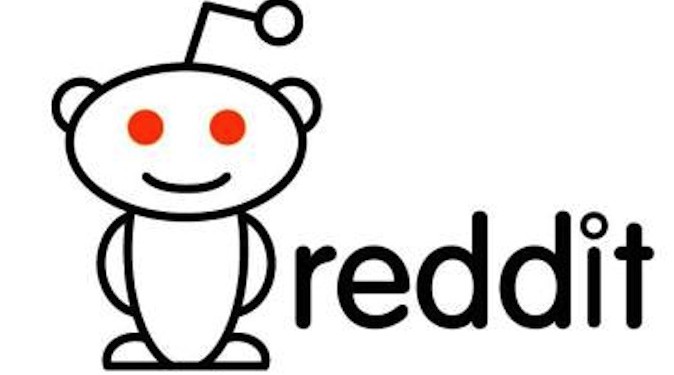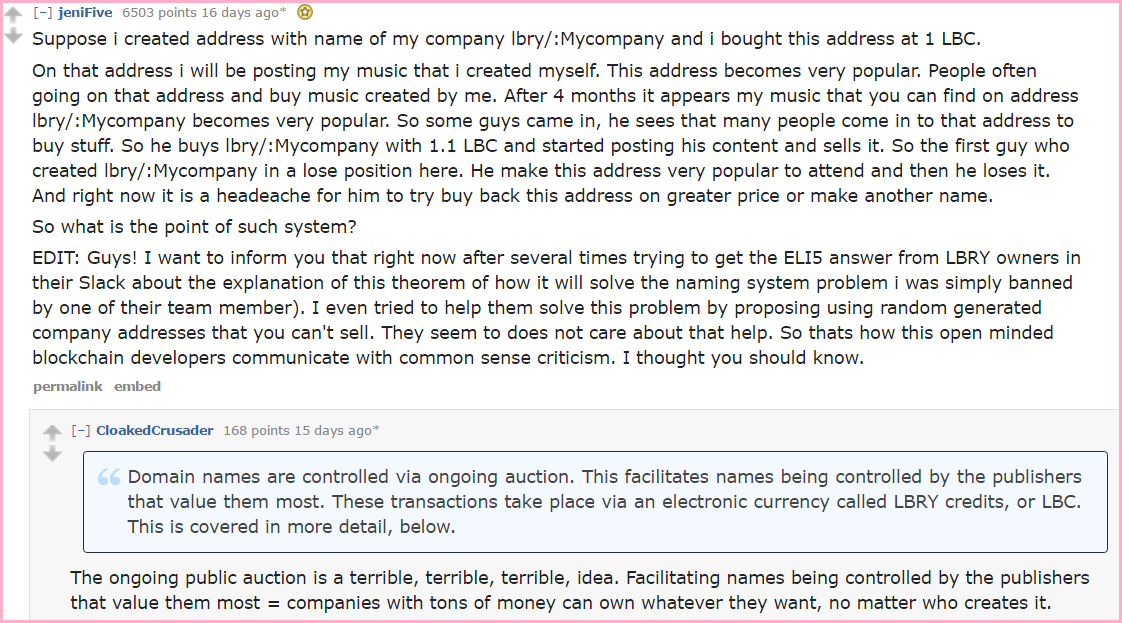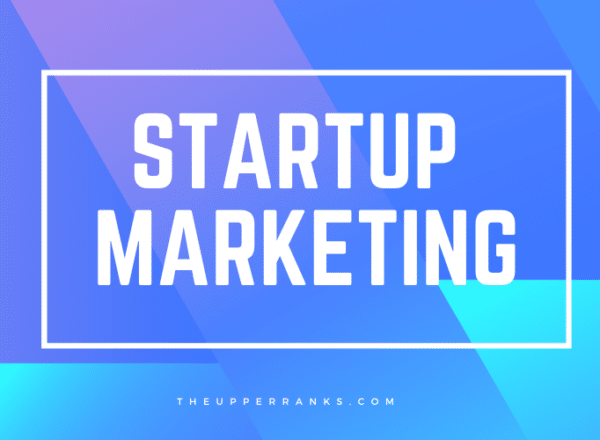So, you’re trying to figure out how to market your startup.
You’ve secured your investors, or otherwise secured capital, and your product or service is looking great. And now you need to get the word out.
If only you could go viral. Going viral is tricky.
Consider this– a YouTube video of a cat, precariously balanced on a beach ball until it either falls over or its claws pop the darn thing, is likely to go viral. It will be repurposed into Instagram posts, gifs, memes, posts on BuzzFeed, and immortalized on both Reddit and Tumblr.
The cat’s owner will rake in mainstream media interviews, endorsement deals, and advertising revenue.
Your startup, however, is not nearly as likely to go viral. Sure, you could try to incorporate that precariously balancing cat into your marketing campaign, but it would be tricky. And it would likely bring criticism and backlash.
As human beings, we love cats balancing on beach balls much more than we love startups. No matter how good and useful your product is, that’s a hurdle you must overcome.
Marketing your startup is much more about building a strategy and working hard than it is about putting all of your eggs in one basket and praying for the best.
Most startups don’t have the luxury of a huge budget and infinite man-hours, so you need to be smart about your time and your money– and the smart money is not spent on going viral.
In fact, that’s probably a waste of time.
The internet is fickle, and what worked on Monday may not work on Wednesday.
By all means, read up on what it takes to go viral and try to implement those principles into your startup marketing efforts, but never bank on going viral.
Instead, bank on putting in the hard work.
PR and Press Releases
If you’re looking for ways how to market a startup, you want more eyes on your website.
More eyes on your website means you’ll have more eyes on your product, after all.
PR can do a lot of things, but it may not be the best bet if you’re looking to increase web traffic or gain more search engine visibility.
Before you invest in hiring a PR firm or spend your own time writing and sending out dozens of press releases, ask yourself a question.
What’s your goal?

If you’d like to spread awareness with press coverage and interviews, a PR firm may be able to help you. But they don’t come cheap. That’s why enterprise brands or, at the very least, medium-sized companies usually employ them.
A bootstrapped or VC-funded startup with limited resources may find better ways to spend its money.
Press releases can be relatively inexpensive, but you have to be able to write a good press release.
And, more importantly, you have to put out press releases when you actually do something newsworthy. Launching your product or conducting surprising research can count as newsworthy.
Adding a new feature to your product (remember, you’re a startup), hiring a new coder, or launching a new social media account are not newsworthy.
You’ll also need to learn to pitch your press release, and your startup, to reporters.
This is far more difficult than it sounds because they get dozens, if not hundreds, of pitches per day. Without the right pitch, the balancing cat is far more likely to get noticed by any journalist than your startup is.
Before even pitching a journalist, you need to ask yourself this question. A product launch is rarely a good story – it needs to be interesting to the journalist’s readers. For example, an amazing new piece of tech that makes you think “wow, humans are pretty cool”, or an inspiring story about a mum entrepreneur, or an idea so ridiculous it worked. If you’re pitching a publication, read their latest articles to see what they write about.“
PR can help get eyes on your product and your website, but it’s either expensive, tricky, or both.
And it’s not a substitute for link building or content marketing.
No matter what you’ve read in the past six months, PR is not a replacement for link building.
Gisele Navarro compares trying to gain search engine visibility with PR to whisking eggs with a spoon.
Will it get you there eventually? Sure.
Is it the most efficient way to get there? Not at all.
I’ll let Gisele close out this section, with a quote from her excellent piece, PR Is Not a Replacement for Link Building:
“I’m sure there are plenty of PR campaigns that drive links, the same way that there are plenty of advertising campaigns that drive links. But recommending good old-fashioned PR to someone who is looking to increase the search visibility of a website in order to drive organic traffic is nuts.”
You can market your startup with PR, but don’t just rely on a PR company, pitching journalists, and press releases to get your name out.
Forums and Content Aggregation Sites
Many startups market their products on niche forums and social media/content aggregation websites like Reddit or Hacker News.

If you get it right, you’ll start a great discussion, earn some new fans, and maybe even drive conversions.
If you get it wrong, it can go really, really poorly.
Take, for example, this post on Reddit’s IAmA subreddit (aka Ask Me Anything) from a startup called LBRY. LBRY bills itself as an alternative to YouTube, and they posted their AMA just as concerns about YouTube censoring and marginalizing smaller content creators were taking hold.
Seems like a smart idea, right? Good timing, good product fit.
That didn’t stop Redditors from finding big flaws in their product.
Here’s the top-rated comment from that thread:

This comment was echoed throughout the entire thread, and no one at LBRY seemed to have a good rebuttal. The chaos even spread to LBRY’s subreddit. The comment itself even became a high scoring post on /r/bestof.
To use Reddit for any marketing purpose, your product and your message both need to be airtight.
Redditors in the big subreddits are not known for being friendly, and they’re definitely not known for appreciating marketing efforts, even from small startups.
“Reddit marketing” has spawned a ton of articles and think pieces over the past year, and Redditors know this. They are wary and suspicious of you.
If you succeed on Reddit, you’ll do great. However, you probably won’t succeed, and you’ll go down in flames. Calculate risk vs. reward and act accordingly. Reddit will instantly love the balancing cat, but they will not instantly love your startup.
Use that to your advantage, but don’t try to just blatantly promote your product. They allow “Inbound original” blog posts, but they won’t approve anything that’s overly self-promotional.
Always get to know the community, or subcommunity, before you post anything. It will take time, but at least it’s less likely to blow up in your face.
“Reddit” or “Hacker News” aren’t the secret to going viral. If you approach them correctly, they can work as good marketing channels. However, you likely won’t be the one in ten thousand that comes away with a rousing, viral success.
Know the risks, because I don’t want to see what happened to LBRY happen to you.
Social Media
Even if you’re not poised to go viral on social media, having a social media presence on every relevant platform is essential for any startup.
Social media platforms allow current and prospective customers to contact you directly. They allow you to see who’s talking about you, and to join in relevant conversations. They’re also great for marketing, even if you have to pay for Facebook and Twitter ads to get noticed.
If you haven’t seen success from social media yet, I urge you to step back and consider this advice:
Even before you start choosing the right channels, think of your business goals and objectives, and how social media can help achieve those. Also think of your target audience, and what kind of company you want to be on social media. Will your brand go for a practical, no-nonsense approach to social messaging, or do you prefer a more easygoing presence?
Make your social media presence congruent with your company culture. It doesn’t mean you can’t have a playful Tweet every once in a while—but do strive for consistency across your feeds. Compare Tinder and Dropbox, both voted top startups by Forbes—each brand has a different purpose and a different target audience, with Dropbox creating an appeal for business collaboration, and Tinder going for the playful vibe of a speed-dating event.
This difference in purpose is reflected in their social media presence: while both companies maintain professional feeds with consistent tones, each tailors their messaging to their audience.

Keeping your tone consistent is important, and so is engaging your audience via the correct platforms. Baby boomers looking to learn code to keep up with a modern workplace may not be on TikTok or Instagram, but they’ll definitely be on Facebook and LinkedIn.
Similarly, a millennial audience may favor TikTok over Facebook.
If you are present on two or more social media platforms, be aware of each one’s purpose. You can’t publish the same post on Twitter and on Facebook. It’s not only about the word length. Facebook allows a consistent narrative, while Twitter is more about quick reactions.
Let’s say that you published an article on the startup blog and you want to share it on Twitter and Facebook. The message you use for Twitter looks bad on Facebook. Seduce your followers by creating two different messages. A short and powerful line for Twitter, and a concise story-telling style text for Facebook. You don’t want to be redundant on social media. Use the real potential of each platform.”
So, yes, you need to be on social media to engage with and listen to your audience, and form a community around your startup. Occasionally, it will even be useful for marketing.
Just don’t allow your social media channels to become fully self-promotional, though, or you won’t have any followers left to market to.
When you’re just starting out, consider running a few ads on Facebook or Twitter to gain new followers and promote your best content.
And don’t lose hope when you don’t gain a thousand followers overnight. You’ll get there, but it will take time and hard work– just like every other aspect of successful marketing.
Paid Search
I’m a link builder, so I firmly believe in the power of search engine visibility, especially for startups.
If you can put your site and your product where your customers are searching, you’ve basically won.
On-site SEO fundamentals are essential, and links are essential, as well. But even if you build a ton of great links in your first couple of months as a company, it will still take a little time before you see any results.
That’s why paid search might be a great idea when just starting out.
You can spend a little money, get relevant eyes on your website, and maybe find a few new customers.
You’ll have to set your budget wisely, and you must perform some tests. You’ll also need to do your research, so you’re not just flushing your limited budget down the toilet.
If you play it smart, though, a good paid search campaign can give your startup a real boost in the early days.
Link Building, Inbound Marketing, and Content Marketing
Since your time and budget are limited, I recommend startups put most of their focus on link building, content marketing, and a bit of inbound marketing to help convert prospective customers when they get to your website.
Don’t get me wrong; I’m not saying link building and content marketing are interchangeable. They’re not. But they can work hand in hand.
This is how Jon Ball put it back in 2014, on a piece for Search Engine Journal:
“Content makes link building easier because content is something that a link builder can actually leverage. Let me rephrase: GOOD content is something a link builder can leverage. If you’re willingly spreading poor and irrelevant content just to get link equity, you’re part of the problem Matt Cutts railed about earlier this year. Webmasters thirst for good content, and webmasters want it because users want it.
Of course, you don’t need to give away all of your best content. A sound content marketing strategy will reserve a portion of the best content for your own domain. Like I said, users like good content: you don’t want your site to be absent of it because you gave away your best work to somebody else. This kind of content makes link building easier because quality content on your site makes it far more linkable.”
Here are my definitions of the three disciplines I’ve mentioned so far:
- Link Building seeks to build relevant links back to your website to increase search engine visibility.
- Content Marketing seeks to send a message about you and your brand, educate your audience, and establish you as an expert.
- Inbound Marketing seeks to bring customers to your product at their own pace, through both communication and education.
Obviously, there’s quite a bit of overlap between the three disciplines.
A piece of content marketing can contain a link back to your website. A linkable asset on your website can convert potential customers with inbound marketing tactics.
They all work together.
To get noticed in today’s digital landscape, you need to be visible both in the SERPs and on the websites your target audience visits regularly.
You need to create great, useful content on your website and build links to it. Building links to your product page will be a hard sell.
You need to create content for the websites that matter in your industry.
Once a potential customer lands on your website, you need to convert them into an actual customer.
Here’s some inspiration– Leo Widrich, founder of the social media scheduling app, Buffer, wrote 150 guest blogs in 9 months. It propelled his startup to over 100,000 users within that 9 months.
Before you build any unrealistic expectations, here’s a quote from Leo, from an interview he gave to Search Engine Watch:
“Within the space of around 9 months, I wrote around 150 guest posts. Of course the early ones barely drove any traffic and only very gradually did things improve, I think that’s very important to understand. It will take a while until you can find the right frequency of posting.”
Leo didn’t rely on a balancing cat video or going viral.
Instead, he put in the hard work. If you run Buffer’s website through any Site Explorer, you’ll also see they have no shortage of backlinks. Right now, they’re sitting at around 170,000 links from 6,700 domains.
If you read their blog, you’ll see they use some basic inbound marketing techniques, as well.
And, just as importantly, their content is awesome.
Buffer didn’t take any shortcuts or rely on going viral. You can bet they used social media and PR, but they also focused on a realistic (if ambitious) content marketing strategy, built some links, and figured out how to convert viewers into users.
Closing Thoughts
For all my talk of virality and balancing cats, I do believe your startup can succeed. Digital marketing is hard work, especially when we’re strapped for time and cash. That’s why you can’t just hope for one big success, or bank on only one marketing channel.
As a link builder, I do believe links can help you succeed. I also know it will take more than a few good links to help you succeed.
It’s tough out there, and you have to focus on the marketing methods that bring results, instead of those pie-in-the-sky “what if?” approaches.
You may not go viral like the metaphorical balancing cat, and that’s okay, as the internet will forget about the cat within a couple of months.
You want staying power and a devoted customer base, not a flash-in-the-pan moment in the spotlight. If you put in the work and spend your time wisely, I believe you have a good chance of succeeding where many other startups have failed.
If you’ve visited this blog regularly, you know I’m all about being realistic.
And I believe being realistic is your startup’s best shot at success.



Comments
Great article! Some of the guys I like for PR / link building are justreachout.io and PR Hacker.
Appreciate that, Casey and thanks for stopping in and taking the time to share those services!